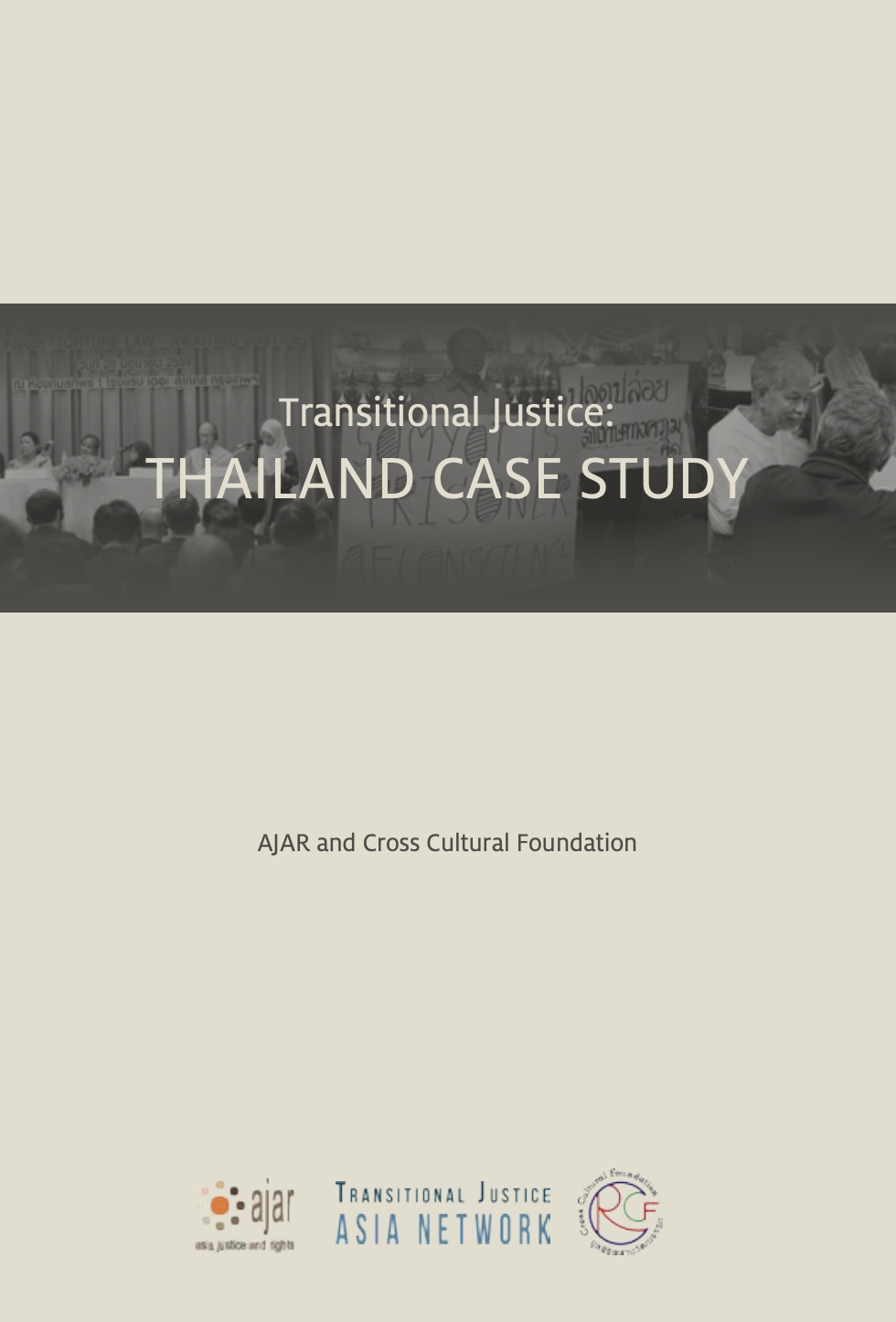Since 2005, Thailand has faced persistent political conflict stemming from ideological divides and on-going power struggles among the elites. Political protests against the government and its policies have left Thai society grappling with social polarization, mutual distrust, and fierce confrontations between the state and the people, and among the people themselves. The country is now marred by a cycle of abuse of power, protests, violent military operations, military coups, corruption, legal trials, and constitutional re-writing.
These violent encounters have caused not only physical and mental suffering among those involved, but have had long-term socio-economic repercussions that affect human security. If such conflicts continue without resolution, there is a high possibility that Thai society will not be able to restore stability and reach its development potential in the foreseeable future.
Thailand is also facing an ongoing military conflict, with roots in a 19th-century separatist insurgency among ethnic Malays in the Patani region in the south. The increasingly complex problem has escalated since 2004, with daily shootings and bombings pushing the death toll over 6,500 and more than 10,000 people injured.
Social movements and the media have recently helped to create political space to debate Thailand’s public policies. Given the diversity of civil society in Thailand,
decentralized networks that work on a variety of issues tend to be more or less active over time. Civil society engagement was especially limited following the military coup in 2006. Before ideological polarisation, grassroots civil society networks were especially strong in advocacy for the protection of community rights over shared resources.
